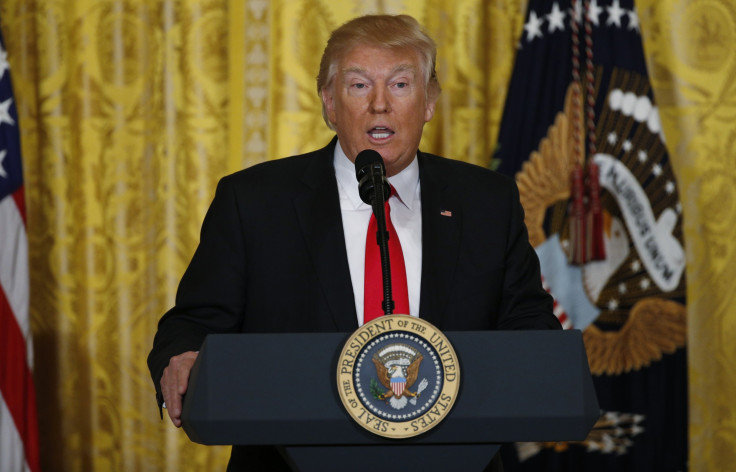What Is The Fiduciary Rule? Department Of Labor Delays Implementation 60 Days

Once slated for implementation on April 10 of this year, the Department of Labor's rule requiring financial advisers to act in their clients' interests rather than their own faced a 60-day delay Wednesday, as it "may adversely affect the ability of Americans to gain access to retirement information and financial advice," the department announced.
BREAKING: DOL proposes 60-day delay to fiduciary rule https://t.co/aPQkx9TZNh (via @newsfromIN)
— Greg Iacurci (@GregIacurci) March 1, 2017
The measure, titled "Conflict of Interest Rule - Retirement Investment Advice" but commonly referred to as simply the "Fiduciary Rule," defines investment advisers as fiduciaries, meaning they must trade and adjust portfolios as if their customers' assets were their own, and seeks to avoid conflicts of interest by mandating that the advisers disclose all of their fees and commission earnings to clients.
President Donald Trump issued a memorandum on Feb. 3 directing Acting Secretary of Labor Edward Hugler to evaluate the rule and prepare a report on whether it "has harmed or is likely to harm investors" or is likely to lead to an increase in financial advisory industry litigation or higher prices for investment counseling.
Sen. Elizabeth Warren (D-Mass.), who sits on both the Committee on Banking, Housing and Urban Affairs and the Committee on Health, Education, Labor and Pensions, has been a fierce advocate of the rule. In a Feb. 7 letter to Hugler, in which she compiled two dozen financial institutions' expressions of readiness for the implementation of the Fiduciary Rule, as well as their endorsements of the measure, Warren inveighed against the rule's removal.
"Let's be clear: a decision to rescind this rule or to delay the implementation of this rule in any way would rip billions of dollars in retirement savings from the pockets of hardworking Americans and put it straight into the hands of giant financial institution," she wrote. "Frankly, delaying implementation of this rule would be a slap in the face to the companies that have invested, in good faith, for a deadline that has stood for the past year—and to the everyday worker deserving of the assurance that their retirement adviser is working in their best interest."
The Fiduciary Rule—part of the Dodd-Frank Wall Street Reform and Consumer Protection Act, which sought to prevent the corrupt practices that led to the financial crisis of 2008—has faced delays before. The House passed a bill delaying its implementation in 2013, when it came close to a White House veto, and did so again in 2015.
© Copyright IBTimes 2024. All rights reserved.












